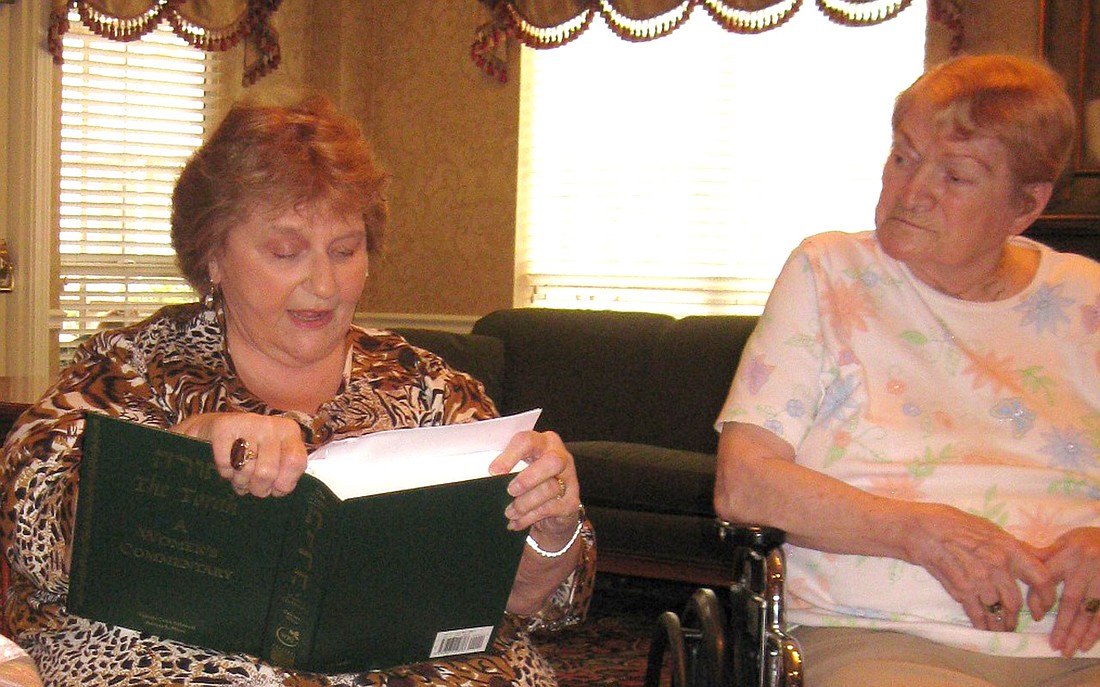- April 17, 2024
-
-
Loading

Loading

How do I know when it is time for my loved one to need additional care? What is the right kind of place? How do I convince them it is time? These are critical questions that more and more of us will face as the baby boomers approach that stage of life. The best way to approach this conversation is to start with the understanding that the sooner one addresses these questions, the easier it will be. The best time for the “talk” is when your loved one is in relatively good health, and you are talking about possible situations down the road. It is critical not to wait until there is a crisis to approach what to do next. Getting our seniors involved in discussions about their future now will make the transitions easier later.
There are several options open for supporting our loved ones through the aging process. It may be that home care would be best for your senior. If you choose this option, make certain that you use a reputable agency that does a thorough background check for all of its employees. Find out what options they offer and make certain to check for references of people who are currently using their agency for home care placement. Remember that while home support is one option, it does not provide your loved one with social interaction, in-house activities or stimulation.
If considering a move out of the senior’s home, check all the different types of facilities available. You may want to consider the benefits of a multi-level facility, which allows for additional services as your loved ones’ health declines. This also prevents the turmoil of having to move them again as more help is needed.
You should do all preliminary visits and find two to three facilities that you feel would meet your loved one’s needs in the right neighborhood for you to be able to visit conveniently. Then take your parent on a tour of the ones you have chosen. Make certain their visit includes some time with the residents, perhaps a meal as well as a visit to the units available. Enlist the help of the facility administrator to help sell the option to your loved one. Check the activities available and see a calendar of events to make certain your senior’s favorite activities are on the schedule.
Enlist the support of your senior’s primary care physician in discussing needs and options. They are invaluable in assessing when the time is right to move your loved one from their independent living environment to get support for them to stay in their own home.
Safety should be the first issue. If you see that your loved one is prone to losing his/her balance, bumps into furniture, needs walking assistance, etc., it may be a sign that your loved one can no longer perform the tasks of daily living safely. The time might be right to review the options you saw and put a plan in place.
Remember to be understanding at the senior’s reluctance, be patient and surround them with love.
Visit JewishPavilion.org for more information.